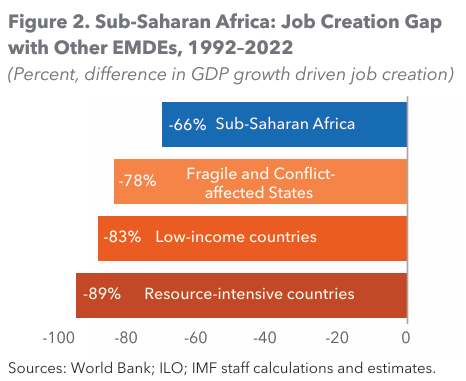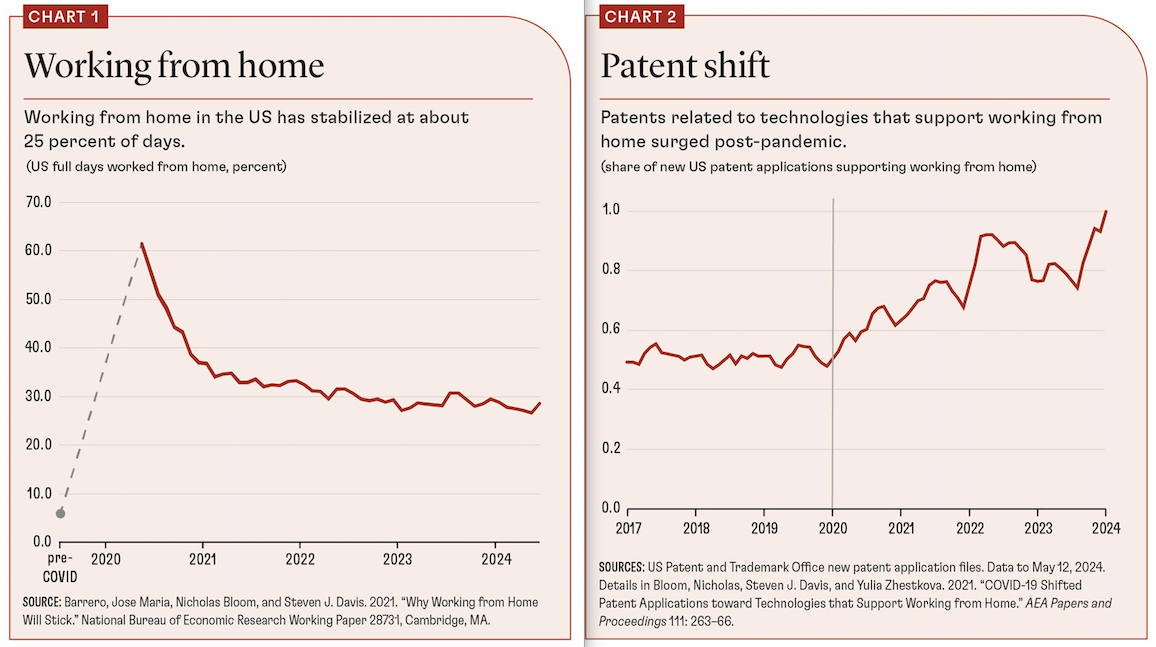Hi Tech To Redefine Job Roles
 Hi Tech Job
Hi Tech Job
The world of work is undergoing significant transformations driven by a confluence of technological advancements, demographic transitions, and evolving socio-economic dynamics. The World Economic Forum (WEF) in its recent forecast, anticipates profound shifts in global employment patterns by 2030.
This outlook reflects the ongoing shift towards more advanced forms of employment such as technology, healthcare, green energy, and data analytics. The creation of these jobs will not be uniform; as significant growth is expected in emerging sectors that are reshaping the economic landscape.
Technology, WEF notes has continues to redefine job roles across various sectors, with advancements in artificial intelligence (AI), robotics, and digital automation leading the charge. According to Future of Jobs Survey, roles such as Big Data Specialists, FinTech Engineers, and AI Specialists are projected to experience significant growth, fuelled primarily by innovations in AI and increased digital access. Conversely, clerical positions, including cashiers and administrative assistants, are expected to see steep declines as automation and digital processing technologies take over routine tasks.
The urgency of climate change has bolstered the green transition as a vital driver of job creation. An anticipated growth of 170 million jobs by 2030 primarily hinges on roles focused on environmental sustainability. These include Renewable Energy Engineers and Environmental Engineers, alongside jobs in the agricultural sector, such as Farmworkers, projected to grow by 35 million. The transition towards sustainable practices is not just a job creator; it is also a necessity for companies aiming to reduce carbon footprints and meet societal demands.
Global economic factors introduce a dual narrative of job creation and displacement. While anticipated job losses due to slower economic growth are expected to exceed job gains, rising costs of living and adaptive responses to economic challenges are projected to foster new roles. For instance, jobs aimed at enhancing operational efficiency such as Business Development Professionals are likely to expand in response to these economic pressures.
With geopolitical tensions and the reconfiguration of global trade are expected to reshape job landscapes. The WEF reveals that jobs in logistics, security, and strategic roles are likely to expand due to changes in government policies and international relationships. Respondents also noted a propensity towards re-shoring jobs, reflecting a shift in workforce strategy in response to increased trade restrictions.
A demographic shifts with aging populations pose both challenges and opportunities in the labor market. They highlight that while aging and declining working-age populations will drive job growth in sectors such as healthcare and education, they will simultaneously create pressure by reducing the overall available workforce. This duality presents a complex picture of how demographic trends will influence job availability over the next decade.
20-01-2025




